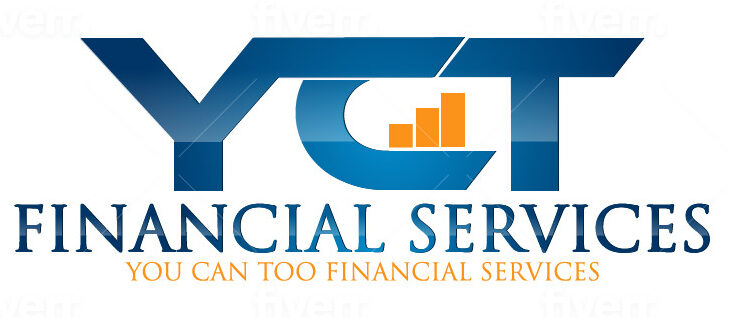As a small business owner, you’ve likely poured your heart, soul, and personal savings into making your entrepreneurial dream a reality. So it may come as a surprise that your personal finances – including your all-important credit score – can directly impact your ability to access affordable funding and growth opportunities for your business. Knowing that personal credit affects business credit is necessary for awareness, however, it’s necessary to understand common examples to feel empowered to take action.
For most small businesses, especially newly launched ones, the owner’s personal credit profile is tightly intertwined with the business’s creditworthiness. Here’s why:
Many lenders view personal credit as a snapshot of how responsibly you manage your finances. If you have a poor personal credit score, reflecting late payments, maxed out credit cards, or other red flags, the lender may see this as an omen for how you’ll handle business debts too.
“We routinely pull personal credit reports for any small business loan applicants,” says Steve Williams, Loan Officer at Summit Reach Credit Union. “A strong personal credit score shows discipline and increases our confidence to lend to that owner’s business.”
In fact, for smaller loans under $100,000, some banks focus solely on the owner’s personal credit credentials rather than any formal business credit history which is often lacking for startups.
Additionally, most traditional and SBA-backed small business loan programs technically require an owner’s personal guarantee. This makes you personally liable for repaying the debt, even if your business stumbles.
In essence, lenders see your personal and business finances as one and the same, especially for sole proprietors or new companies without years of credit history to stand on.
Potential Credit Challenges for Small Businesses
Having lousy personal credit can create very real barriers and headwinds for small business owners. Some common impacts include:
Difficulty Qualifying for Loans/Credit Lines
Most lenders have minimum personal credit score requirements to approve small business financing requests. Anything under 680-700 may automatically disqualify you from loan consideration at some banks.
“One of my clients was declined for a $20,000 line of credit because the owner had a 590 personal score stemming from some prior collection accounts,” recalls Robert Wilson, a small business banker in Phoenix. “It was a huge letdown as he needed that liquidity to pay staff.”
Higher Rates and Fees
If approved despite impaired credit, your interest rate and fees will likely be elevated. Lenders view you as a greater default risk and price your debt accordingly.
One New York-based small business paid $20,000 more in interest after being quoted a 12% rate versus the 8% rate they hoped for due to the owner’s 630 credit score. Over 20 years, that’s $1,000 in extra interest costs annually.
Lower Borrowing Limits
Some lenders may simply restrict the maximum loan size based on credit scores. So even if you qualify, you may be approved for less capital than requested. This could stunt growth plans if you only receive partial project funding.
For example, one business owner planned to use a $150,000 loan to open a second location. But due to a 665 personal credit score, the bank capped her loan at $100,000 – leaving her well short of the needed capital investment.



